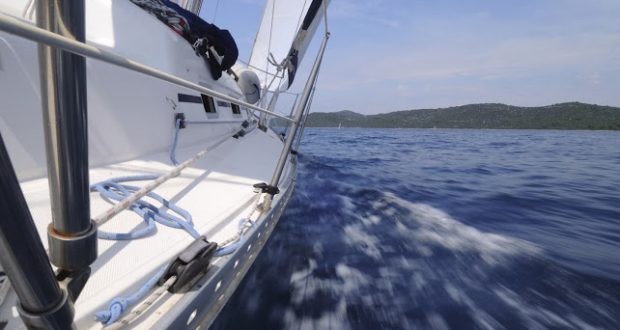The Government of Canada announced a $100.000 investment for the second phase of Intelligent Boating, focusing on keeping safe and improving boating safe practices for the Canadians who sail with their boats on lakes, rivers and coastal waters.
Specifically, Transport Canada is accepting applications for projects until October 15, 2019; The projects will begin in 2020-2021.
The investment was announced by the Honourable Marie-Claude Bibeau, Minister of Agriculture and Agri-Food, Member of Parliament for Compton–Stanstead, on behalf of the Honourable Marc Garneau, Minister of Transport.
Canada’s Boating Safety Contribution Program enables Canadians be safe when sailing, by providing a yearly funding to support recreational boating projects focused on the importance of following safe boating practices, and on increasing national boating incident data.
The conclusions that arose from the Intelligent Boating marked the beginning of the initiative to modernize federal boating regulations, the simplification of the process for municipalities and above all, opened the doors to legislative intervention based on environmental criteria.
The government opted for ten organisations across Canada to receive funding for this year’s project.
Marie-Claude Bibeau, Minister of Agriculture and Agri-Food, Member of Parliament for Compton–Stanstead, commented
Intelligent Boating therefore has the immense advantage of a double impact: security and the environment. It is a major project for boaters, for Lake Missawippi, for all lakes in Compton-Stanstead and eventually for all Canadian lakes.
Moreover, according to the Government’s statement, boating activities are developing in Canada, both in diversity and number. Thus, boating could affect many impacts of the Canadian environment, such as security, water quality, the multiplication of invasive species and quality of life.
Blue Massawippi has chosen to address it by focusing on security, the environment and eco-responsibility. From 2017, Blue Massawippi has proposed a concept to change mentalities and streamline the federal regulatory process.
Concluding, Phase 2 of Intelligent Boating will propose precise regulatory standards, primarily based on impacts relating to turbidity and invasive species such as the spiked water-milfoil and the zebra mussel.





























































